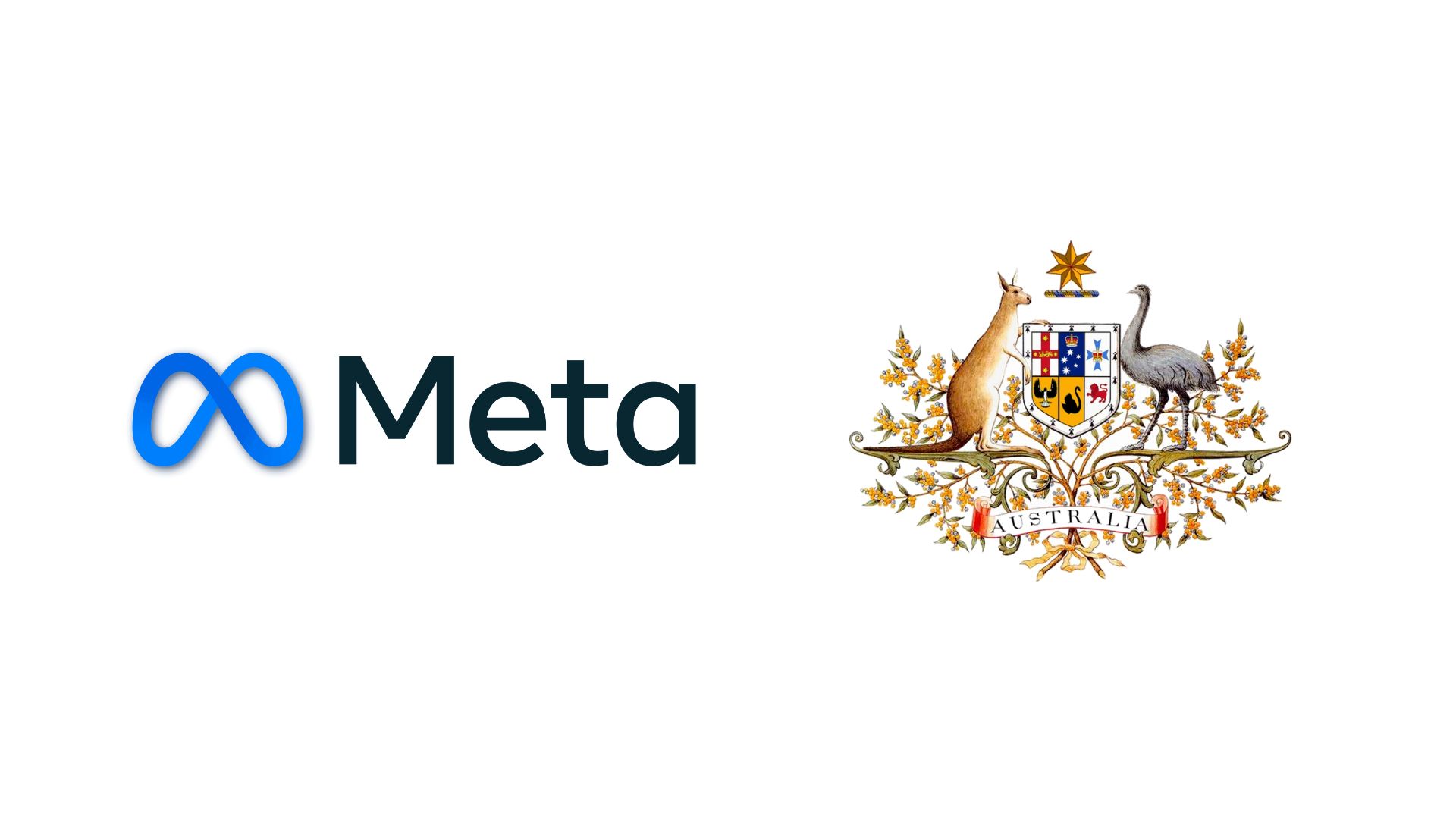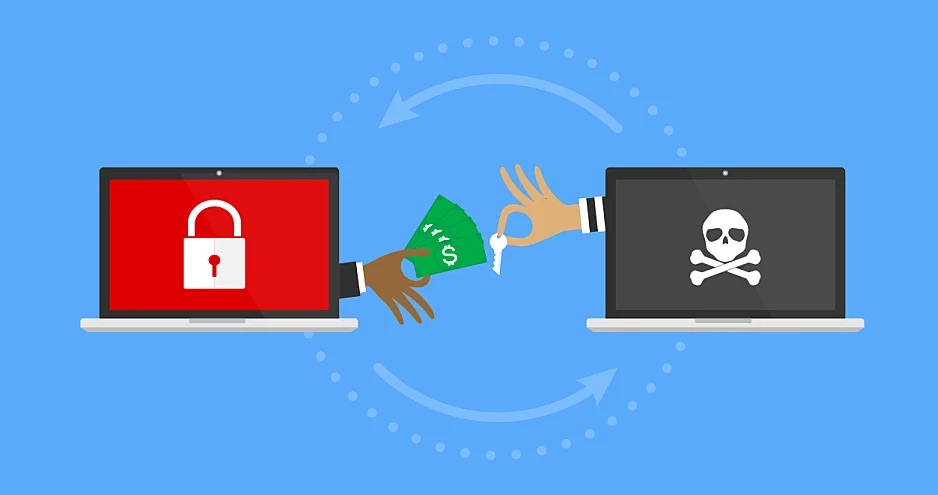Meta, the parent company of Facebook, Instagram, and WhatsApp, has urged the Australian government to harmonise privacy regulations with international standards, warning that stricter local laws could hamper AI development. The comments came in Meta’s submission to the Productivity Commission’s review on harnessing digital technology, published this week.
Australia is undergoing its most significant privacy reform in decades. The Privacy and Other Legislation Amendment Bill 2024, passed in November and given royal assent in December, introduces stricter rules around handling personal and sensitive data. The rules are expected to take effect throughout 2024 and 2025.
Meta maintains that generative AI systems depend on access to large, diverse datasets and cannot rely on synthetic data alone. In its submission, the company argued that publicly available information, like legislative texts, fails to reflect the cultural and conversational richness found on its platforms.
Meta said its platforms capture the ways Australians express themselves, making them essential to training models that can understand local culture, slang, and online behaviour. It added that restricting access to such data would make AI systems less meaningful and effective.
The company has faced growing scrutiny over its data practices. In 2024, it confirmed using Australian Facebook data to train AI models, although users in the EU have the option to opt out—an option not extended to Australian users.
Pushback from regulators in Europe forced Meta to delay its plans for AI training in the EU and UK, though it resumed these efforts in 2025.
Australia’s Office of the Australian Information Commissioner has issued guidance on AI development and commercial deployment, highlighting growing concerns about transparency and accountability. Meta argues that diverging national rules create conflicting obligations, which could reduce the efficiency of building safe and age-appropriate digital products.
Critics claim Meta is prioritising profit over privacy, and insist that any use of personal data for AI should be based on informed consent and clearly demonstrated benefits. The regulatory debate is intensifying at a time when Australia’s outdated privacy laws are being modernised to protect users in the AI age.
The Productivity Commission’s review will shape how the country balances innovation with safeguards. As a key market for Meta, Australia’s decisions could influence regulatory thinking in other jurisdictions confronting similar challenges.
Would you like to learn more about AI, tech and digital diplomacy? If so, ask our Diplo chatbot!










